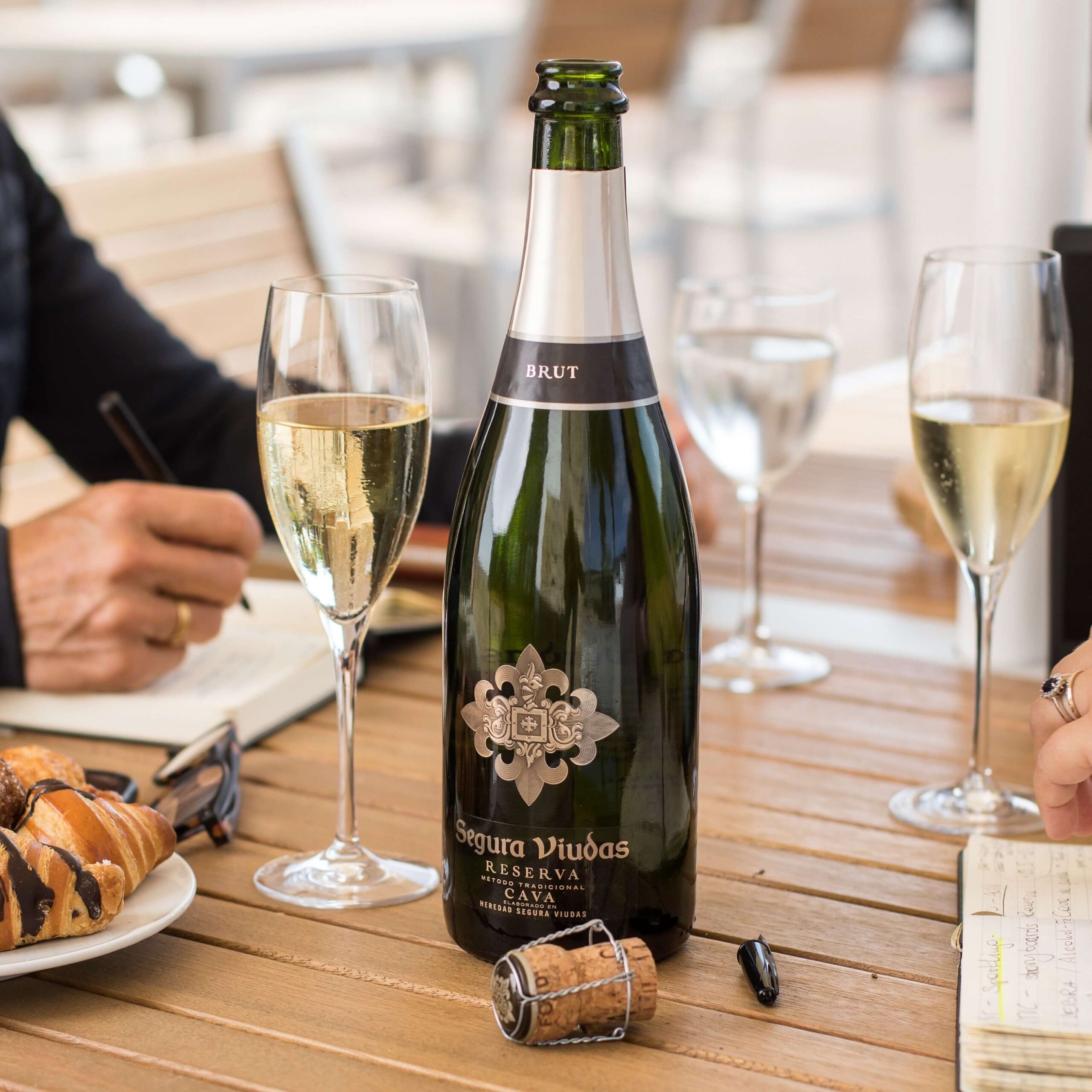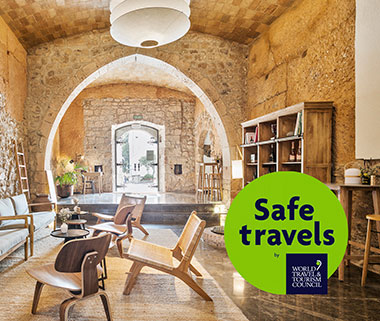This news belong to
Cavas and wines
News
Wine corks are an essential component of wine bottles, serving as a seal to preserve their flavor and quality. From Segura Viudas we tell you which are the most used and we detail their characteristics and uses.
Natural cork
Natural cork is the most traditional type of cork for wine and is made from the bark of the oak cork. These corks are harvested by removing the bark from the tree, then boiling them and shaping them into the desired cork. Natural cork has a unique ability to expand and contract, allowing it to create an airtight seal on the bottle. Additionally, natural cork allows a small amount of oxygen to enter the bottle, which is necessary for some wines to age and develop properly. At Segura Viudas, as part of our commitment to quality and tradition, we only use natural cork stoppers. Discover the wines and cavas of Segura Viudas.
Synthetic corks
Synthetic corks are made from a variety of materials such as plastic or rubber and are designed to mimic the properties of natural cork. They are less expensive and less likely to “cork the wine”, but they do not allow the same level of air exchange as natural cork. This can be a problem for wines that need to age, as a lack of air can prevent them from developing properly.
Screw caps
Screw caps, also known as Stelvin closures, are becoming increasingly popular, particularly for white and sparkling wines. These closures are made of metal and have a thread that allows them to be screwed onto the bottle. Screw caps are airtight, eliminating the risk of “cork contamination” and allowing for easy opening and closing of the bottle.
Wax seals
Wax seals, similar to those used on traditional spirits bottles, are a traditional alternative to cork. They are labor intensive and are not as airtight as corks.


